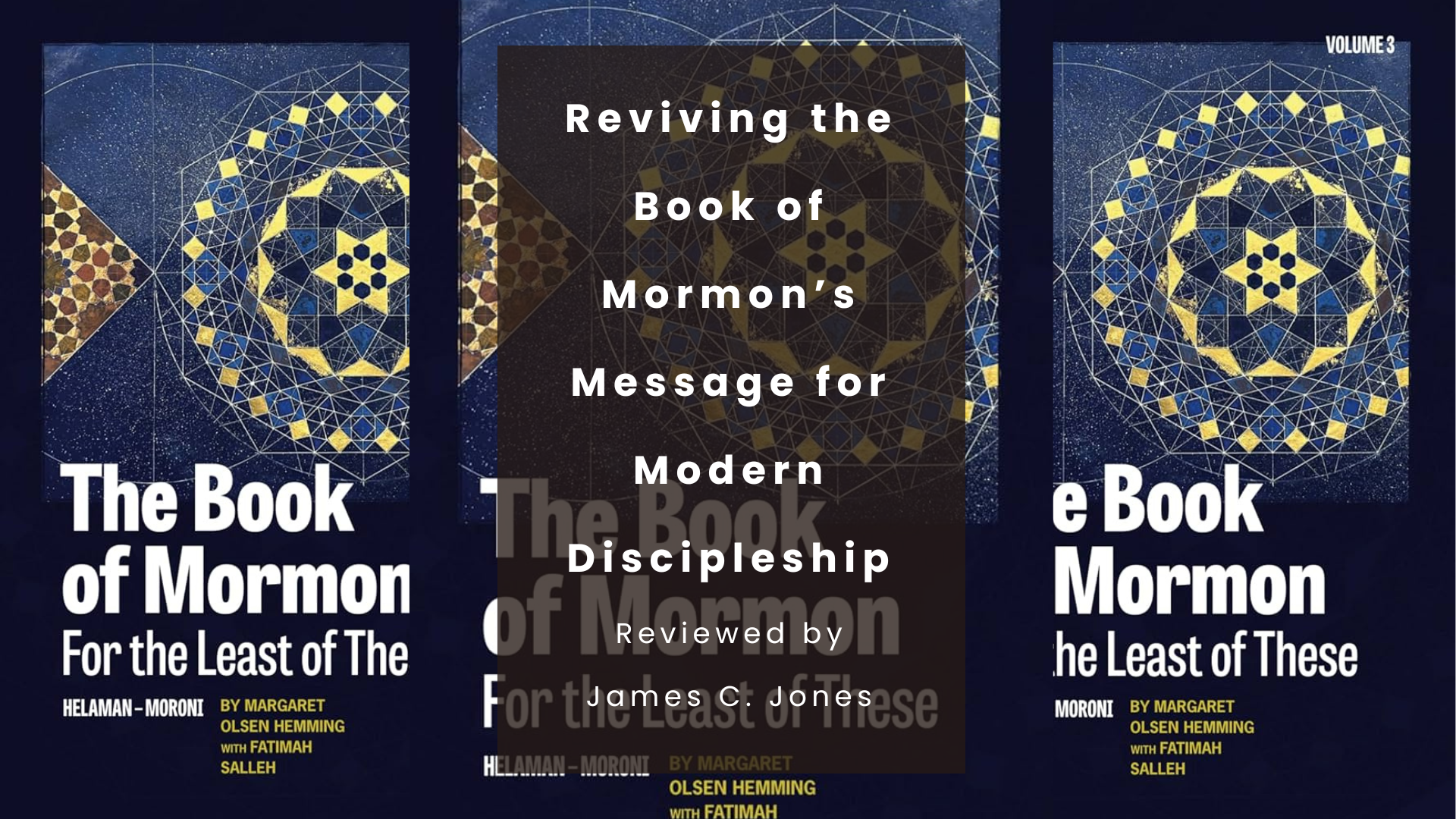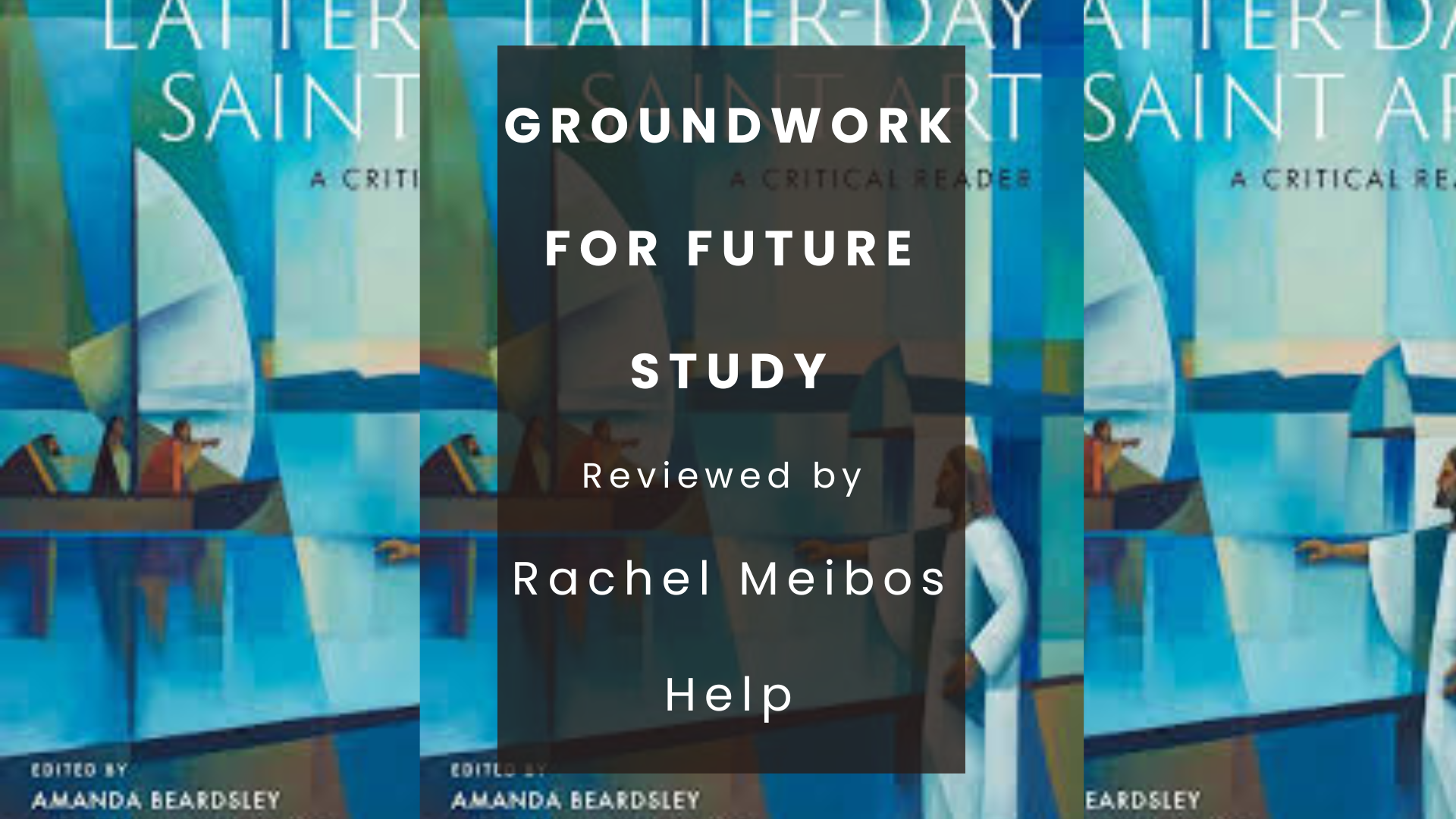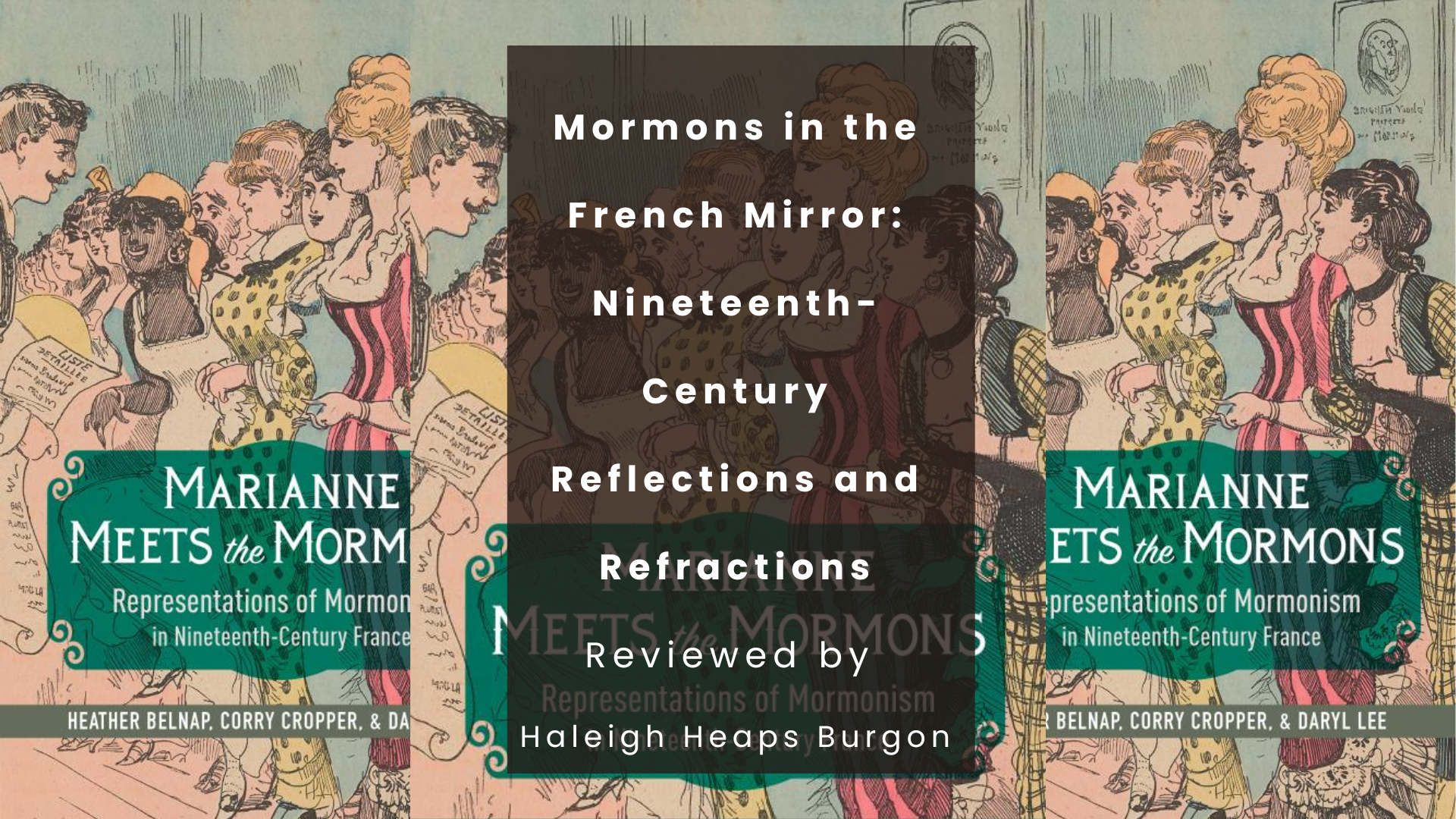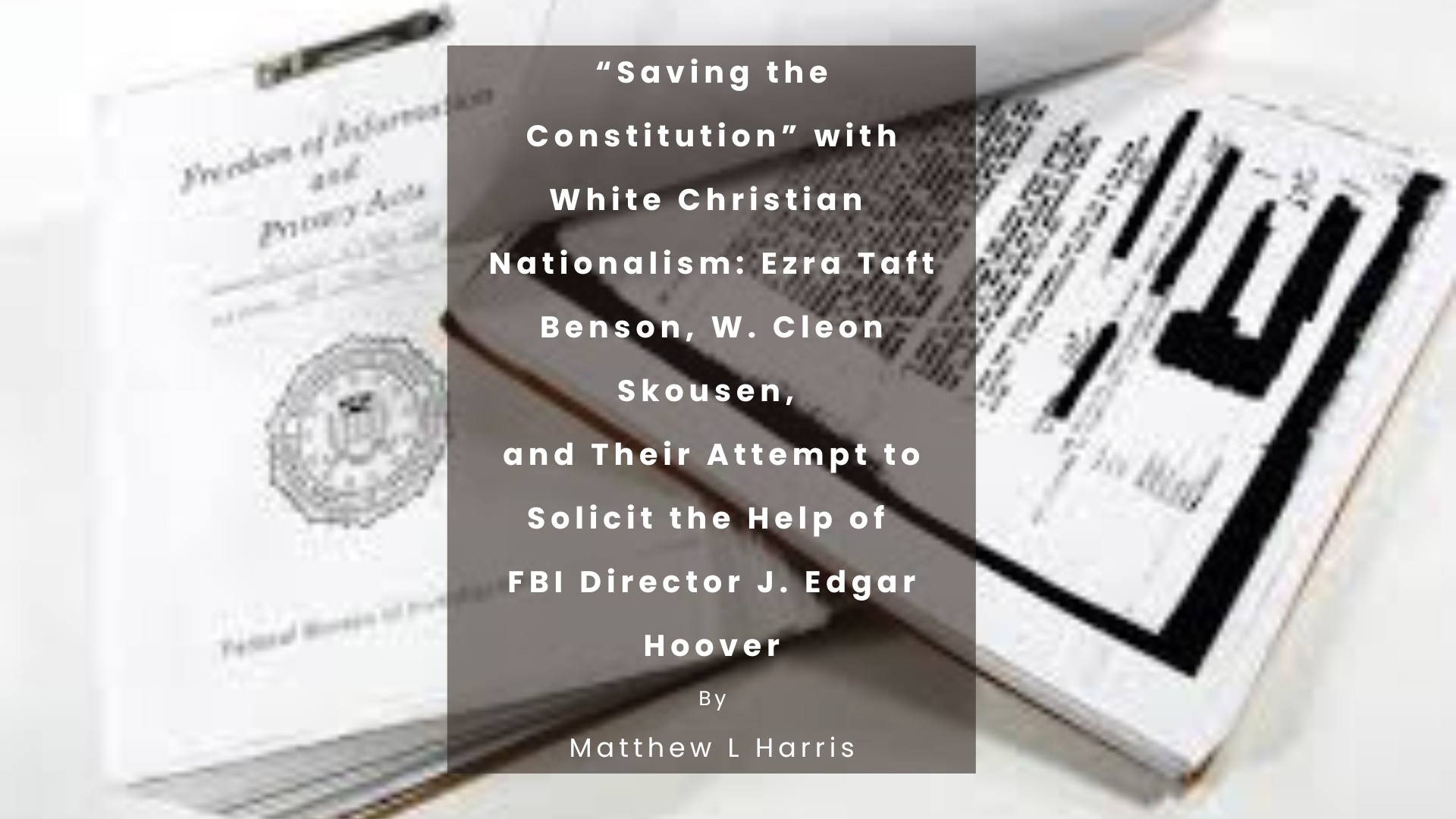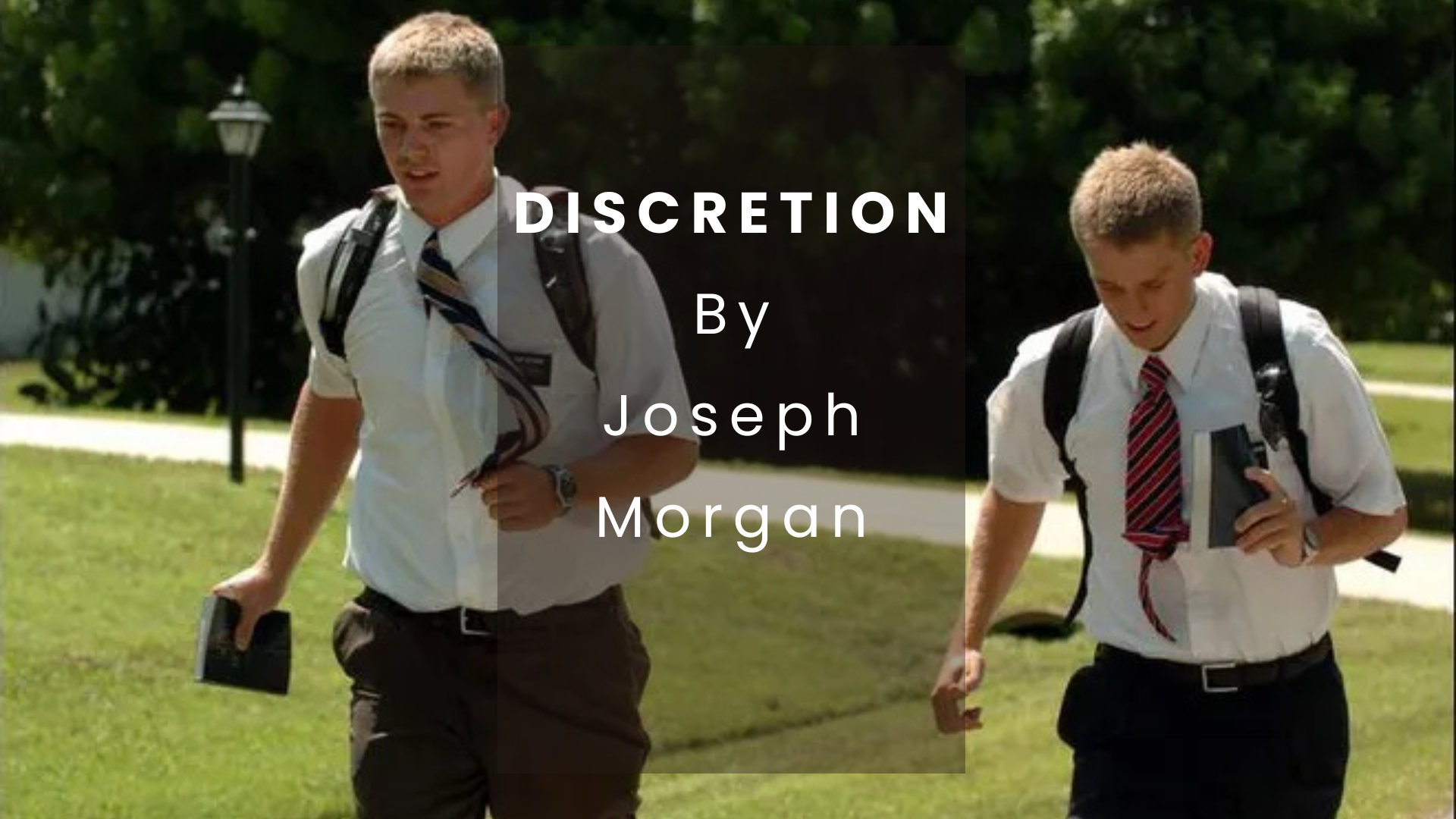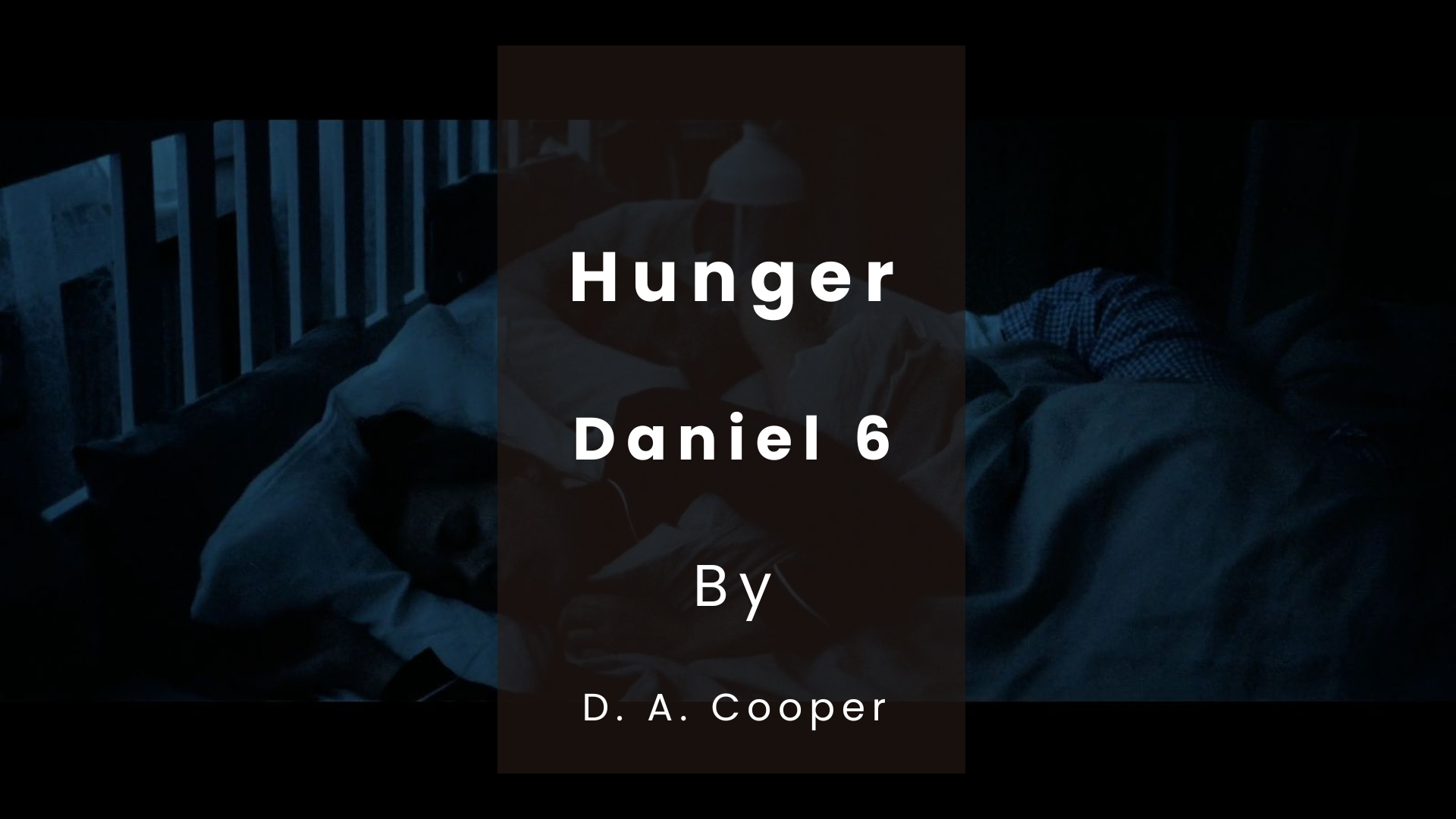Reviving the Book of Mormon’s Message for Modern Discipleship | Fatimah Salleh and Margaret Olsen Hemming, The Book of Mormon for the Least of These
October 17, 2025Too frequently, I have the experience of anxiously awaiting Sunday School to start so I can ask about a text from the week’s reading that’s relevant to what’s happening in the world, only to be…


